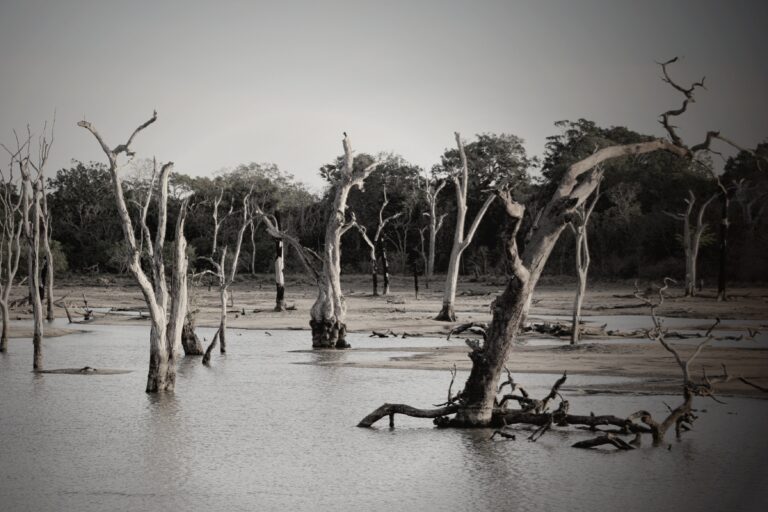Climate Risk Hammers Africa

International SOS recently put out its 2024 Risk Map. It has been created for people who travel outside their own countries. The primary yardsticks are quality medical care, security, mental health, and climate risk.
More in Africa: Climate crisis kills elephants.
Trouble ahead? Climate crisis and military.
The Climate Change Current Risk Index data come from INFORM; INFROM’s work is based on partnerships among the Inter-Agency Standing Committee, the European Commission, and several humanitarian and development organizations. Its mission:
It provides quantified estimates of the impacts of climate change on the future risk of humanitarian crises and disasters. The results are intended to inform policy choices across climate mitigation, climate adaptation, disaster risk reduction, sustainable development and humanitarian assistance.
The countries with the greatest climate change risk are almost all impoverished, are often located near the equator, and are primarily in Africa.
Beyond Syria, Iraq, Afghanistan, and Yemen, nine are in Africa. These are Mali, Niger, Chad, Nigeria, Central African Republic, South Sudan, Ethiopia, Somalia, and Mozambique.
Based on CIA data, the highest any of these nations rank on GDP per capita is Nigeria at $4,900. That puts it in 179th position among all nations. Mali ranks 212th at $2,100. Niger ranks 225th at $1,200. Chad ranks 223rd at $1,400. Central African Republic ranks 228 out of 229 nations mentioned at $800. South Sudan ranks 216th at $1,600; Ethiopia ranks 205th at $2,300. Somalia ranks 227th out of the 229 nations mentioned at $800.
Simply put, none of these African nations has the capital to improve its climate crisis situation. It is another example of the extent to which, in some parts of the world, the effects of climate change will never get better unless it is because of a catalyst, which appears equally unlikely.
Rich nations claim they have paid for climate projects among the poor nations. According to a report in The Guardian last month, “The totemic promise by rich countries to provide $100bn (£80bn) a year to the poor world in climate finance has finally been met, two years after the deadline.” Reacting to the figure, Steven Guilbeault, the climate and environment minister of Canada commented, “At Copenhagen $100bn seemed like a lot of money. Now the conversation needs to shift. We need to mobilise 10 or 15 times as much. That is what the collective challenge is. But this shows as have made progress.” The Copenhagen summit was in 2009.






